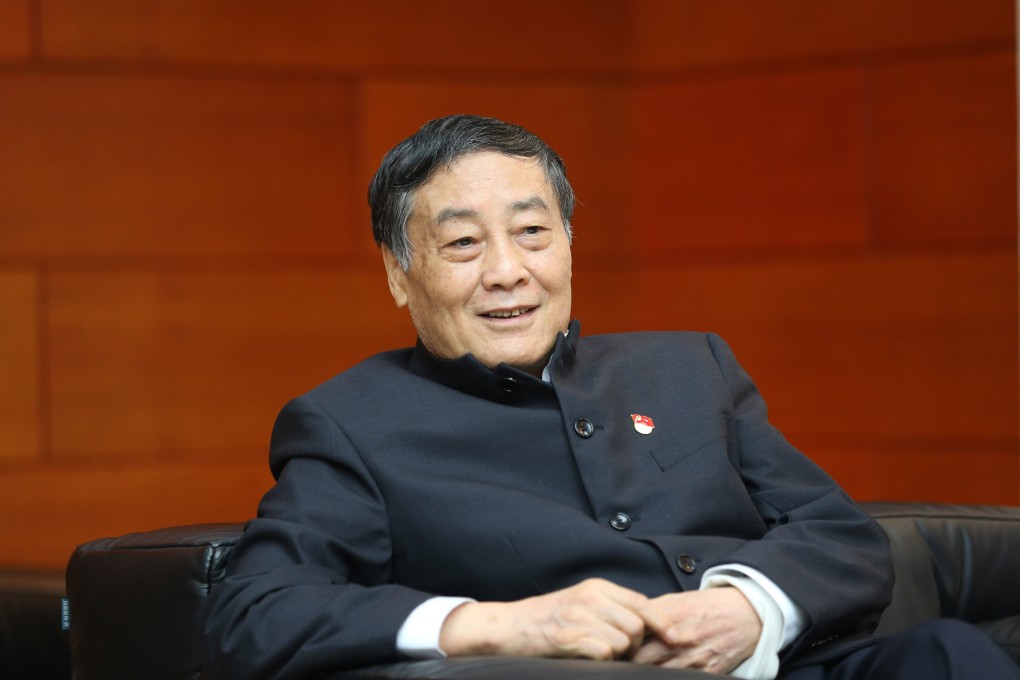Editorial | Wahaha chief blazed trail for entrepreneurs
- The beverage giant founder Zong Qinghou, one of China’s Mao era ‘sent-down youth’, cut a pathway for business leaders who followed as the country modernised

Tributes have poured in for Zong Qinghou, the billionaire founder of beverage giant Hangzhou Wahaha Group, who died on Sunday at 79. The tributes are well deserved, for Zong was a pioneer who illuminated a pathway to success for those who followed in his footsteps.
In many ways, his tale of overcoming adversity to climb to the top of the business world reflected China’s own road to development, which at the time he grew up was far from certain. He was born into a poor family in Jiangsu province as World War II ended and came of age as one of Mao Zedong’s “sent-down youth”, who were dispatched to rural areas during the Cultural Revolution in the 1960s.
Zong toiled in the countryside for 15 years before returning to the city to work as a salesman in 1978, when Deng Xiaoping was pushing to modernise China’s economy. In 1987, Zong teamed up with two retired teachers to start a drinks and ice cream distributor, and founded Hangzhou Wahaha Nutritional Foods Factory in 1989, which he expanded to become Hangzhou Wahaha Group two years later. His bottled water launched in 1995 and was an overnight hit.
Among the condolences was a message of praise as a trailblazer from Jack Ma, who founded Alibaba across town a decade after Zong led the way. Ma noted Zong started his business journey in his forties and overcame “thousands of difficulties but dreamed of innovation day and night”. In business, Zong was a down-to-earth man of simple tastes who never forgot his humble roots. Chinese dubbed him the canvas-shoed tycoon, sharing images of him flying economy class alone during business trips, even as Forbes estimated his net worth at US$8 billion as China’s richest person in 2010.
Practical and savvy, he teamed up with French conglomerate Danone to help fuel expansion, but a decade later rejected its bid to buy out Wahaha’s remaining assets. In 2009, Danone sold its interest in the ventures to Wahaha. Zong had effectively fended off what he called a hostile takeover. He also developed a succession plan in his late seventies, a feat that has proved elusive for many privately held companies. In 2021, his daughter, Zong Fuli, became vice-chairman and general manager, setting her up as successor. His foresight would ensure a smooth transition, and offer a lesson for other entrepreneurs.

